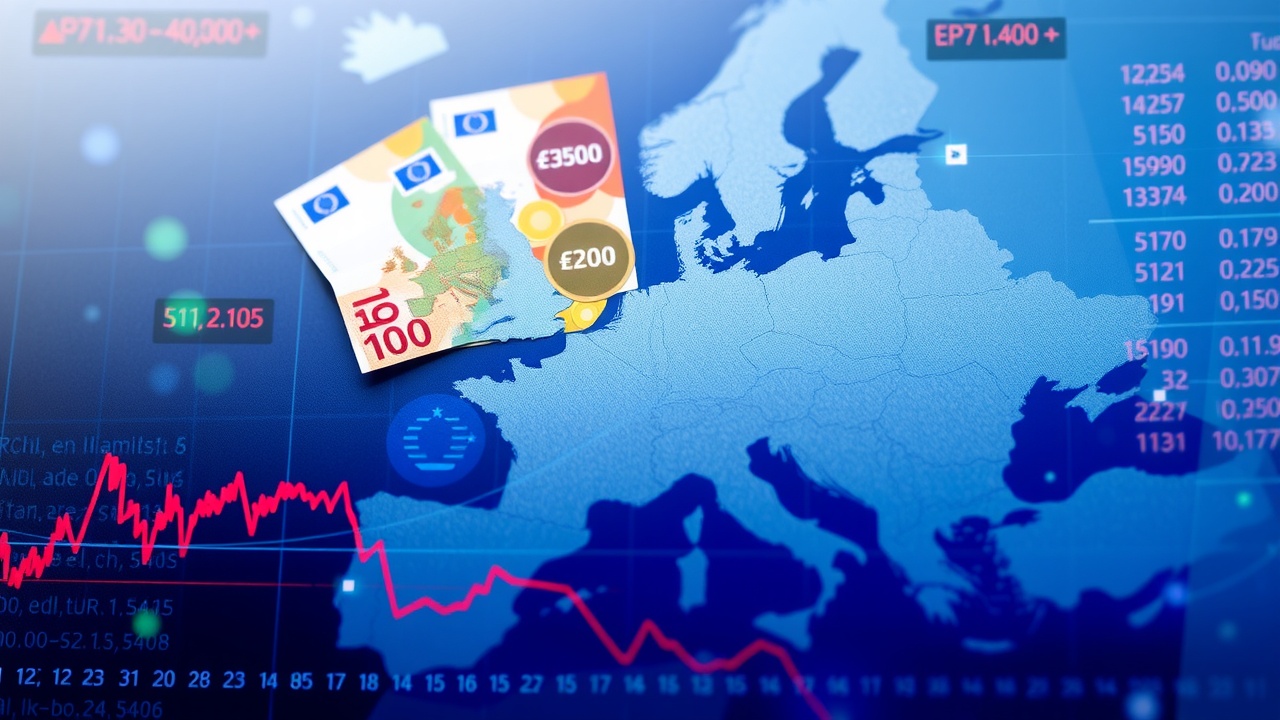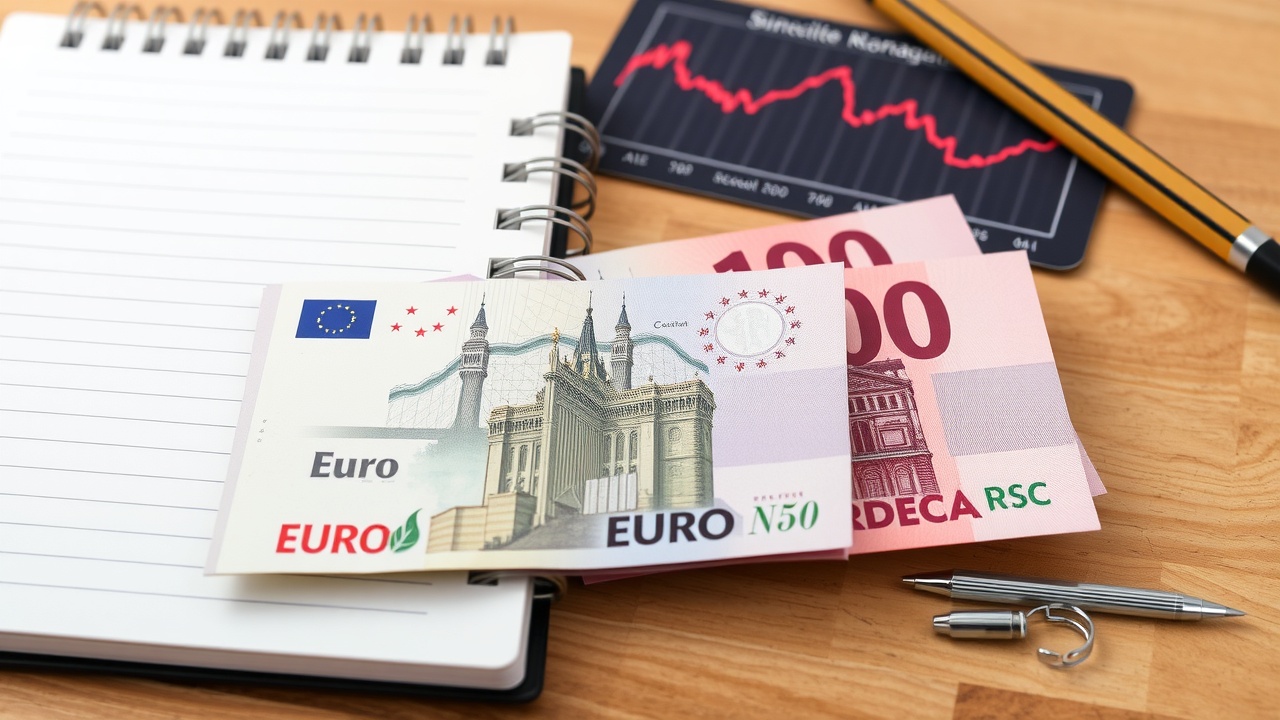
The year is off to a good start for European stocks, but the rally is proving uneven as France finds it difficult to keep up
According to Valerio Baselli on Morningstar, European stocks are having their best start to the year since 2000. In search of greater returns, capital has been moving from Europe to America over the last ten years, but the trend has now reversed. After the global money managers were alarmed by Donald Trump's tariff drama in April, European equity funds saw net investment inflows of £26 billion in the first quarter, and this quarter is expected to be even better. Overtaking the Americas SandP 500, the pan-European Stoxx Europe 600 index has increased by 6% this year.
The promise made by German chancellor Friedrich Merz in March to destroy the fiscal regulations that have hampered the continent's biggest economy since the Merkel administration marked a sea change. The new government intends to loosen regulations that have limited defense spending and borrow £500 billion to upgrade Germany's deteriorating infrastructure. John Authers reports on Bloomberg that the "astonishing reversal of fiscal policy" in Berlin was met with immense joy.
Another tailwind is declining interest rates. With inflation below the 2 percent target last month, there is room for additional monetary stimulus. Additionally, borrowing costs in the euro area are already significantly lower at 2 percent than in the US, where they are still over 4 percent. An old reality is resurfacing as the 2022 gas price spike subsides: the eurozone is structurally less vulnerable to inflation than the US or Britain. According to Craig Mellow in Barrons, banks have surprised everyone by outperforming the market this year, with the iShares MSCI Europe financials index rising a third in dollar terms. When the economy weakened and interest rates fell to an all-time low in the 2010s, European banks suffered. Their capitalization has improved, and the risk associated with non-performing loans has decreased. Additionally, the banks on the continent still trade at about half the value of their US counterparts at book value.
France is not keeping up.
Europe is having an uneven rally. With gains of 17% in Germany and 15% in Italy, France's CAC 40 is trailing well behind the US index this year. Italian investors are left to benefit from the banking boom, according to Corentin Chappron in Les Echos, because banks only make up a meager 11% of the value of the Paris stock exchange, compared to 46% in Milan. Rather, the CAC is highly exposed to the luxury market, which is having trouble as sales in important US and Chinese markets decline. Germany's structurally troubled automobile industry is one of its own issues, but as the German government begins to spend freely, that weakness has been forgotten and should pave the way for greater growth in the biggest economy in Europe. That is not the case in France. The nation is still plagued by "persistent political uncertainty" a year after Emmanuel Macron's call for a snap election left the parliament hung.














Leave a comment on: Is the resurgence in European stocks sustainable?